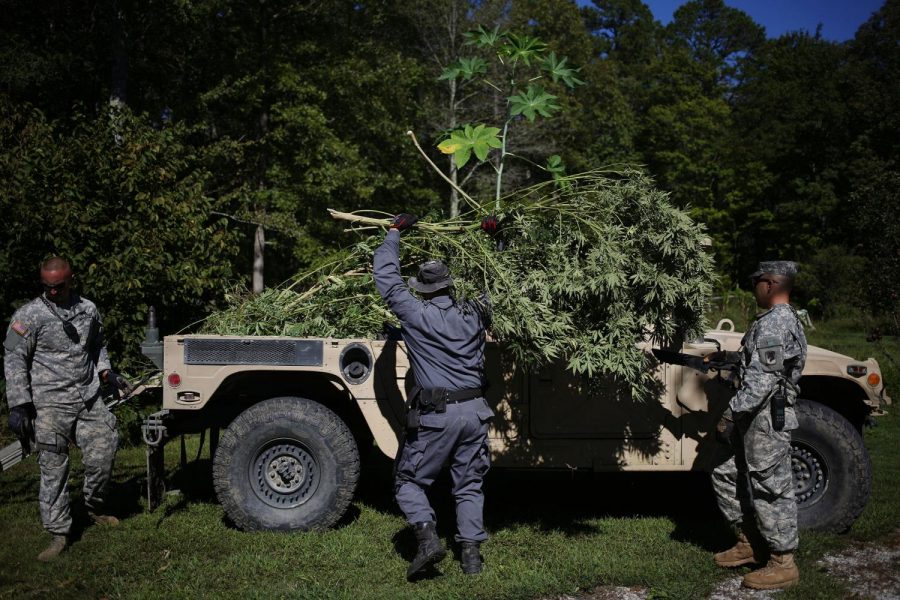States begin crackdown on black market cannabis
Officials from states where cannabis is legal suspect unlawful trafficking places the industry at risk.
Social cannabis states are trying to clamp down on those smuggling the plant across state borders, even as Attorney General Jeff Sessions pressed for enforcement of federal laws against cannabis.
In Oregon, Gov. Kate Brown signed a requirement into law which forced state regulators to track the plant from seed to retail. Only social cannabis had been comprehensively tracked in the past. The Washington State Liquor and Cannabis Board also says it’s replacing its current tracking with a highly secure reliable and flexible system by November 1.
In California, voters approved the use of a tracking system which would use bar-codes and radio-frequency identification labels on packaged product. The same methods are used in Colorado, Oregon, Maryland, and Michigan.
Michael Crabtree, who operates a Denver-based company which helps tax collectors track cash-heavy industries like cannabis, said the systems are not fool-proof and rely on user-based honesty. Crabtree also mentioned growers intentionally forget to tag plants. Colorado’s tracking system doesn’t apply to home-grown plants and many noncommercial caregivers.
An Oregon State Police report said Oregon produced between 130 tons and 900 tons more cannabis than what Oregonians can conceivably consume this year, using statistics from the legal industry and estimates of illegal grows.
In a letter to Oregon’s governor, Attorney General Jeff Sessions opposed an amendment by Oregon Democratic Rep. Earl Blumenauer and California Republican Rep. Dana Rohrabacher which prevented the Justice Department from interfering with states’ medical cannabis. Congress is weighing renewing the amendment for the next fiscal year.
Blumenauer said the Sessions is out of touch with most members of Congress, who have become more supportive of ending cannabis prohibition.










